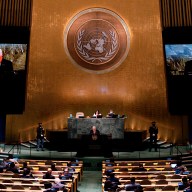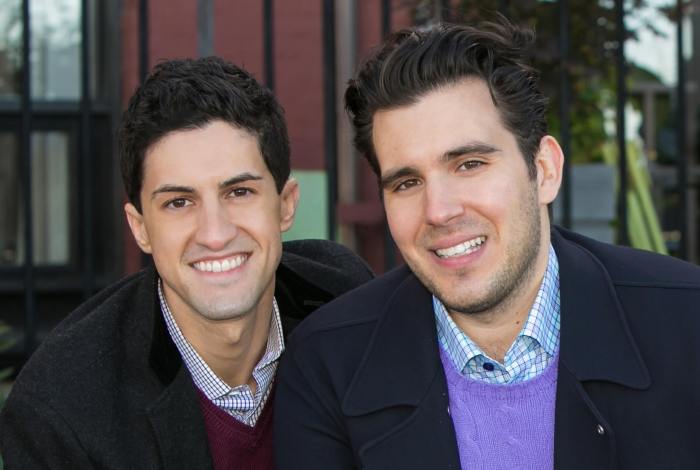Casino Rama is undisputedly the most successful aboriginal casino in Canada. It not only draws approximately 13,000 visitors a day, but its roster of high-profile entertainers — the likes of Tony Bennett and Faith Hill — rival those of Las Vegas.
But Casino Rama’s greatest success should be measured by the way it has benefited not only the Chippewas of Mnjikaning First Nation, otherwise known as the Rama First Nation, on whose land the 192,000-square-foot complex was built — but the other 133 First Nations communities across Ontario.
When it opened in 1996, the casino, First Nations, Penn National Gaming and the Ontario Lottery and Gaming Corporation agreed that all First Nations within Ontario would be entitled to net revenues from Casino Rama — upwards of half-a-billion dollars a year, based on a per-capita allocation.
Until last month, 35 per cent of net revenues went to the Rama Nation, while the remaining 65 per cent went to the Ontario First Nation Ltd. partnership, which distributed the money among the First Nations of Ontario.
According to Rama First Nation Chief Sharon Stinson Henry, the money must be spent on five areas in each reserve: Community development, culture, economic development, health and education.
But a legal battle this year over net revenue sharing — the Chippewas contend they are entitled to a 35 per cent share of the casino’s net profits, while the Chiefs of Ontario claim net profits were to be shared equally by all First Nations communities after the first five years of operation — ultimately saw the Superior Court rule in favour of the Chiefs last month, meaning all the profits, not a percentage, must now be shared among the bands.
Aside from sharing profits, Casino Rama is also the largest single-site employer of First Nations people in Canada. Of its 3,400 employees, more than 700 are aboriginal, and about 60 of those are members of the Rama First Nation, according to Henry, who is serving her fourth consecutive term as chief.
“It has offered opportunities for employment in the gaming industry, training and education,” she said. “It provides opportunities for economic development.”
















